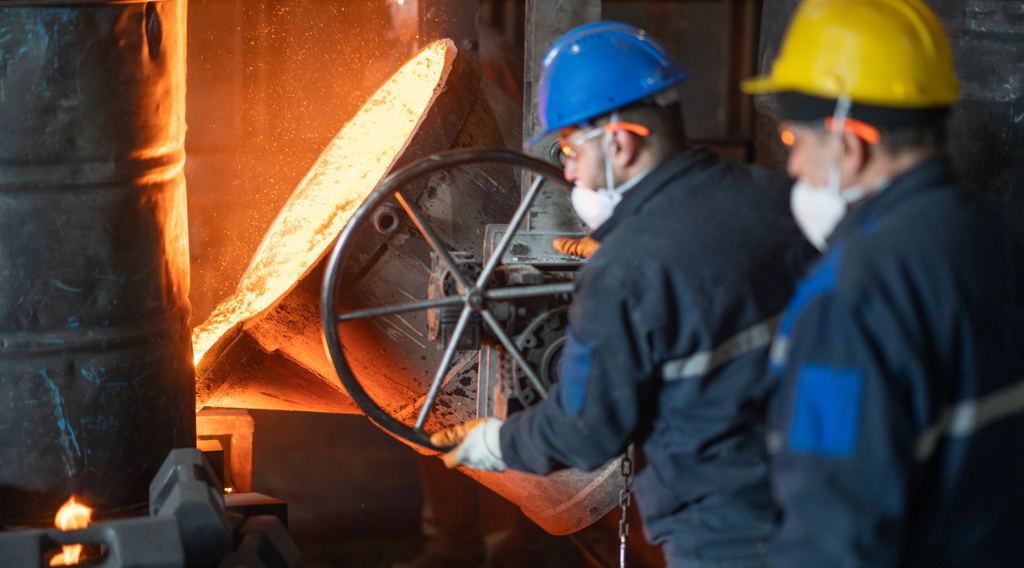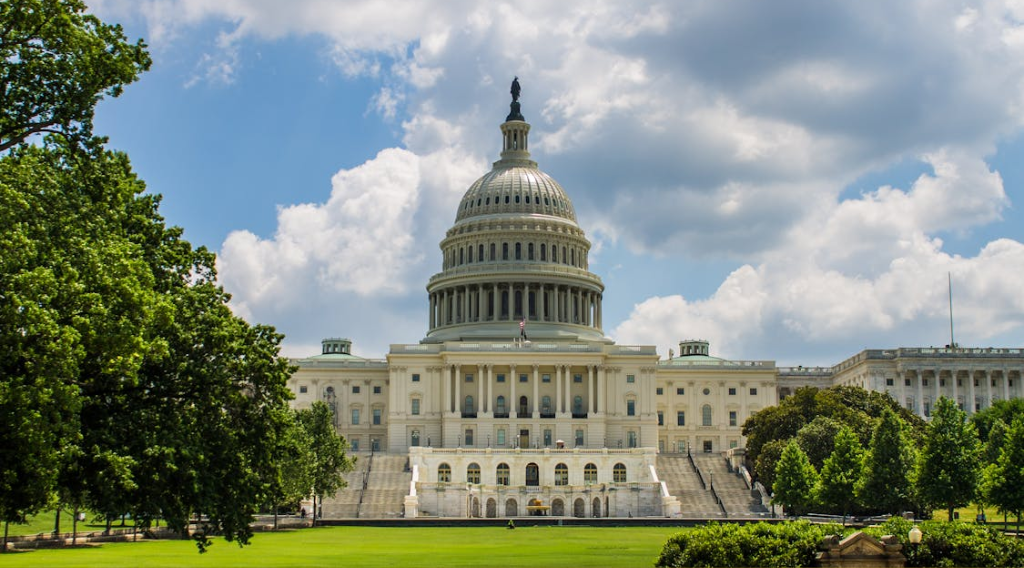
The clock is ticking. To qualify for the revamped 45Q carbon capture tax credit, a carbon capture project must begin construction by 2023—a very short time frame, especially for carbon capture projects that are capital intensive and have long lead times to develop, permit, and finance.
That is why the Carbon Capture Coalition (which is co-convened by the Great Plains Institute), Members of Congress, the US Department of Energy, and others are urgently calling on the US Department of the Treasury to act quickly to provide revised guidance to taxpayers seeking to utilize the tax credit. Since the publication of my previous blog post on this topic, additional stakeholders and Members of Congress have weighed in with Treasury urging swift action.
Earlier this month, Congressman David Schweikert (R-AZ) sent a letter to Treasury Secretary Mnuchin and Internal Revenue Service Commissioner Rettig urging them to “…initiate the guidance process for stakeholders to take advantage of the 45Q tax credits as quickly as possible, and to publish an RFI [Request for Information] with only a 30-day comment period…”. Read the letter here.
The Treasury Department has signaled to several stakeholders in recent weeks that it plans to issue an RFI which will be posted in the Federal Register and include a specified time period to receive public comment.
Many stakeholders remain concerned that Treasury has not issued guidance yet when they have already received robust input from key stakeholders. In November 2018, the Carbon Capture Coalition submitted a cover letter, model guidance, and supplementary narrative on geologic storage to the US Department of the Treasury. The 60-plus industry, labor, and NGO participants in the coalition reached consensus on the model guidance, which addresses several implementation issues of critical importance to the development and financing of carbon capture projects, including credit transferability, contractual assurance, credit recapture, and the beginning of construction.
Time is of the essence. Proper implementation of the 45Q tax credit is crucial to realizing the significant carbon emissions reduction, energy and industrial production, and job creation benefits that will come from economy-wide deployment of carbon capture technology.
Get the latest news and events from the Great Plains Institute by signing up for our monthly newsletter.


